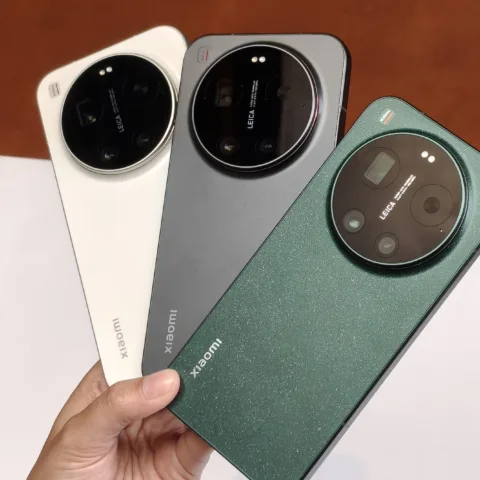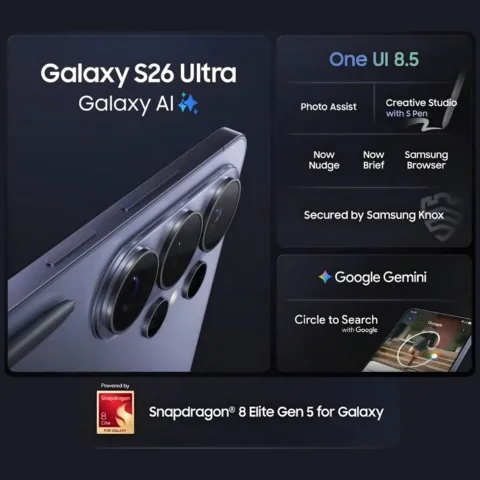I almost always start my articles with an “old world” comparison – you know, when the only media you consumed was in pre-defined formats from the producer’s choosing (and obvious profit). And then I would go on that since the Internet age, things have turned more or less upside down, changing the game, with or without the producer’s consent. And then I’d go on to explain the various possibilities of making sure this “Internetz” thing works for you, your band, your movie or your business.
The reason I always elaborate the differences, is because it’s just that different. If you wanted to listen to a song, it was either wait for it to be played on the radio, or go out and buy the single or album. A value chain of controlled access to content was created; something free but limited, then something else not free but relatively more accessible. In the physical world, purchasing content and purchasing access to music, movies, games or other entertainment products was the same thing.
These days we have people willing to fork over a good amount of money to access the Internet, where everything is [mostly] free just by a few clicks on the browser. But those who actually pay for content (good for you!) like music, movies and games, might actually spend more for an Internet connection to make sure their copy of Infinity Blade is properly downloaded.
And such is almost the entire world of the dekstop-based Internet – since ISPs are offering “unlimited” packages based on speed (and would never be able to sell volume-based Internet packages again), the question has moved on from ‘do I have enough quota to download/stream this’ to ‘do I have enough speed to download/stream this’, and to ‘what should I download/stream’. A desktop Internet connection cost is ‘negligible’ to most as it is paid by the office, parents, or by the Internet cafe for the price of a coffee.
Mobile content offerings differ somewhat. Albeit offering similarly-branded “unlimited” packages, people are mostly more aware of a Fair Usage Policy that blocks them from downloading at highest speed over a certain quota. Mobile content like music and games that need to be downloaded or streamed, are offerred with a price that “includes” or “waives” the price of the actual file download via mobile networks, so that people who are interested are not scared off by possible extra download charges or reduction in Internet quota.
Mobile streaming is avoided, and for those who do download a lot of stuff to their phones, usually make sure they can download it through a computer or a WiFi connection, and also to avoid broken connections. So the question still remains at ‘do I have enough balance/quota to download/stream this’.
And thus for many, the question of ‘connection’ often comes before ‘content’, and when ‘content’ comes first, the question of ‘connection’ would influence the outcome. Many people pay top dollar for a good Internet connection and even pay extra to download files from file-sharing services like Rapidshare or Megaupload (thus receiving the wrath of the entertainment industry), but hardly pay a cent for the content itself.
But what if there was some way, like on mobile Internet services, to just pay for content you downloaded with the cost of the kilobytes bundled into the price?
In the Internet economy, content and access are usually two different things; purposely so because different people are selling the content and access (except in the case of the telcos, where they sell both content and access).
But what would happen, if there was a choice? If you could chose between A) to pay for access, and worry about content costs later (or not at all), or B) pay for content which has the cost of access bundled into it; which would you prefer? Or perhaps we muddle this question with option C) what if you pay for access, with the content price bundled in it?
 Ario is a co-founder of Ohd.io, an Indonesian music streaming service. He worked in the digital music industry in Indonesia from 2003 to 2010, and recently worked in the movie and TV industry in Vietnam. Keep up with him on Twitter at @barijoe or his blog on http://barijoe.wordpress.com.
Ario is a co-founder of Ohd.io, an Indonesian music streaming service. He worked in the digital music industry in Indonesia from 2003 to 2010, and recently worked in the movie and TV industry in Vietnam. Keep up with him on Twitter at @barijoe or his blog on http://barijoe.wordpress.com.







